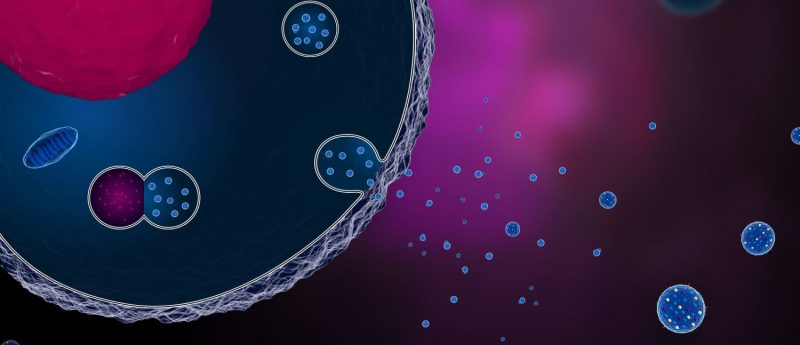New research challenges quality control standards for umbilical cord blood

The peer-reviewed study from Burst Biologics, published in Regenerative Medicine, outlines future safety and potency benchmarks for umbilical cord blood-sourced allografts.
Burst Biologics (ID, USA), a globally recognized institute in pharmaceutical research and tissue bank that services communities across the U.S., has published a research study entitled “Characterization of an umbilical cord blood sourced product suitable for allogeneic applications” in the prestigious peer-reviewed journal Regenerative Medicine. This study is part of Burst Biologics’ ongoing commitment to the production of groundbreaking research.
The article provides a comprehensive overview of the quality attributes, clinical suitability, and efficacy of BioBurst Rejuv, an umbilical cord blood (UCB)-sourced allograft, defined as a tissue graft from a donor of the same species.
Previous research has demonstrated that UCB contains cytokines and growth factors, components that are integral to bone consolidation and tissue repair.
“This current study addresses the unmet need for a uniform quality control framework to determine clinical suitability and safety of cord blood allografts,” said Christopher D. Jones, CEO of Burst Biologics and a corresponding author of the paper. “This is the first known published report enumerating the tests to address identity, purity, safety, and potency for a UCB sourced allograft.”
The study reports on exosome-based therapy, which may be the next quantum leap in regenerative medicine, a field focused on replacing or regenerating human cells, tissue or organs, to restore or establish normal function. The published article identifies a unique liaison among UCB sourced allograft, host mesenchymal stem cells (MSCs) and their secreted exosomes that influences tissue regeneration in vivo.
“Based on these findings, clinical suitability of cord blood allografts must account for the non-cellular components while evaluating their promising role in tissue regeneration,” stated Jones. “This study brings us one step closer to optimizing the bounds of regenerative medicine.”
In the study, the identity of BioBurst Rejuv was established by use of flow cytometry, a mass spectrometry-based proteomic approach, and protein multiplexing testing. Microbiological screenings, graft-versus-host disease testing, and endotoxin values were used to assess safety and purity.
The non-cellular components were found to be effective in promoting cell proliferation, migration, and neutralizing redox-stress in vivo and MSCs treated with a UCB-sourced allograft demonstrated boosted potential for tissue regeneration. The UCB-sourced allograft was also found to be functionally stable up to 2 years when stored at optimum conditions.
“Burst Biologics has been pioneering research and product development since its inception,” said Jones. “We are committed to exploring the unique attributes of UCB components and developing future applications that improve lives.”